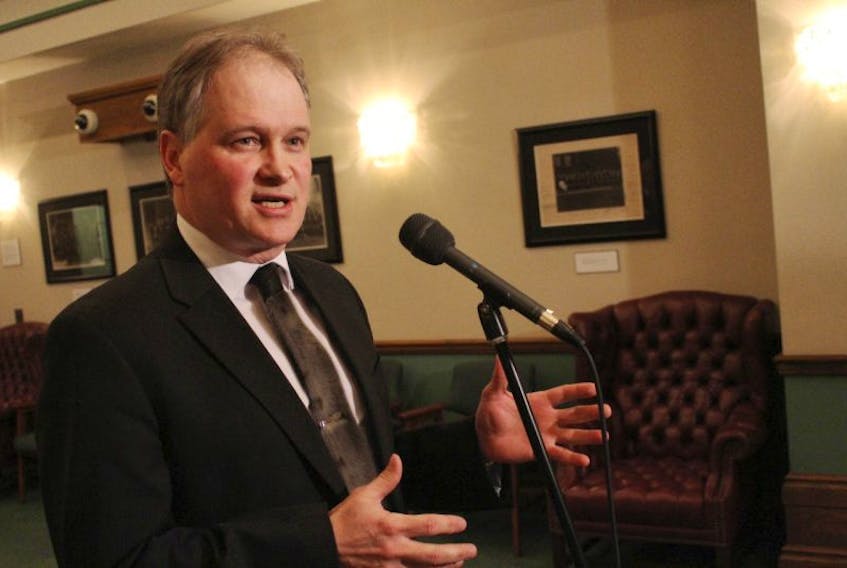As debate begins on the carbon tax legislation in the House of Assembly, opposition members are unsure how the government plans to meet its greenhouse gas reduction targets.
The plan was publicly revealed in late October, but is only being debated in the House of Assembly during the last week of the fall sitting.
Environment Minister Graham Letto says he feels confident in the targets set out by the plan.
“The national target is to reduce greenhouse gas by 30 per cent by 2030. We have to feed into that plan. We feel that our carbon pricing plan feeds into that very well,” said Letto.
In 2019, large-scale polluters – companies, particularly offshore oil producers, that produce more than 25,000 tonnes of greenhouse gas a year – will have to reduce their emissions by six per cent. The reductions increase by two per cent every year, until the final target of a 12 per cent cut in emissions by large polluters is reached by 2022.
In total, this province has to cut its emissions by 650,000 tonnes.
Companies also have the option of purchasing carbon offset credits to help them meet their reduction targets. The offset credit system will not be in place for 2019, with the government working on exactly how the credit system will work throughout 2019.
The government anticipates taking in $62 million a year from the new carbon pricing program. About $4 million of that is expected to come from consumers, with the rest coming from industry. There’s no special fund being established to use the money every year – it will go into the general revenue fund.
Letto says whatever industry does not reduce of the 650,000 tonne goal will have to be made up for by everyone else.
“Whatever industry doesn’t meet, we have to find other ways of meeting that. Either through habits or new policies we bring in,” said Letto.
“Industry, as well as every other person in this province, has a role to play in that and contribute to that reduction.”
Tory Critic Keith Hutchings says he doesn’t see how the government plans to make sure the targets are met.
“Explain to me how that money flowing into general revenue … is going to reduce greenhouse gas emissions. They can’t tell you that,” said Hutchings.
“On an annual basis, they should have calculated what the reductions are expected in consumer actions.”
Twitter: DavidMaherNL









